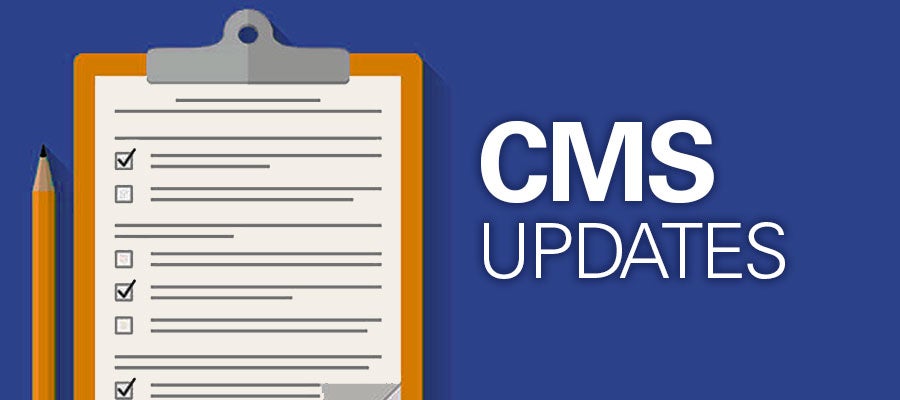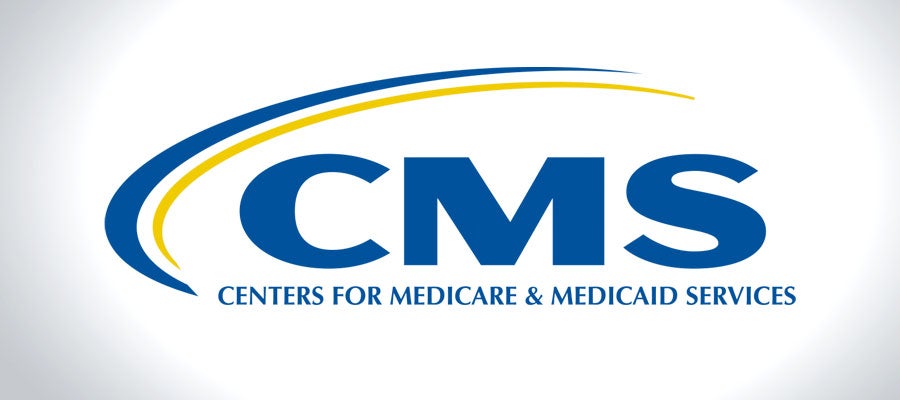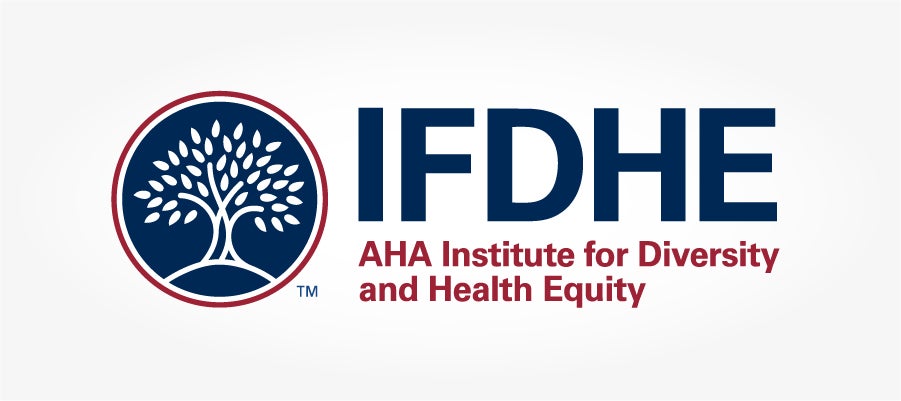
Nearly 20 health care provider organizations, including the AHA, urged Congress to enact legislation to clarify that relief funds provided through the Public Health and Social Services Emergency Fund and other programs as part of the nation’s response to the COVID-19 pandemic are exempt from taxation, and that entities receiving them maintain the tax deductions attributable to these funds.






